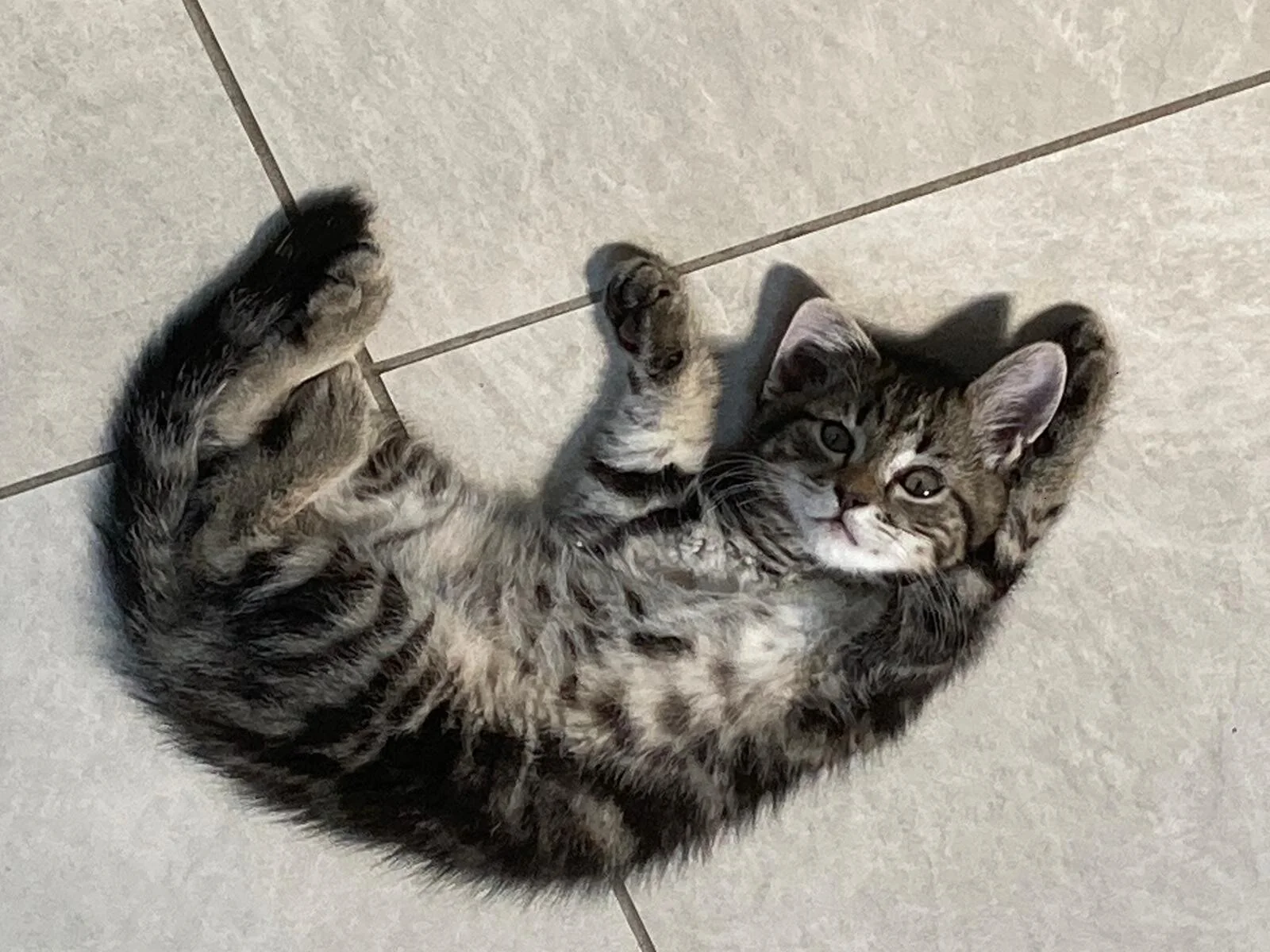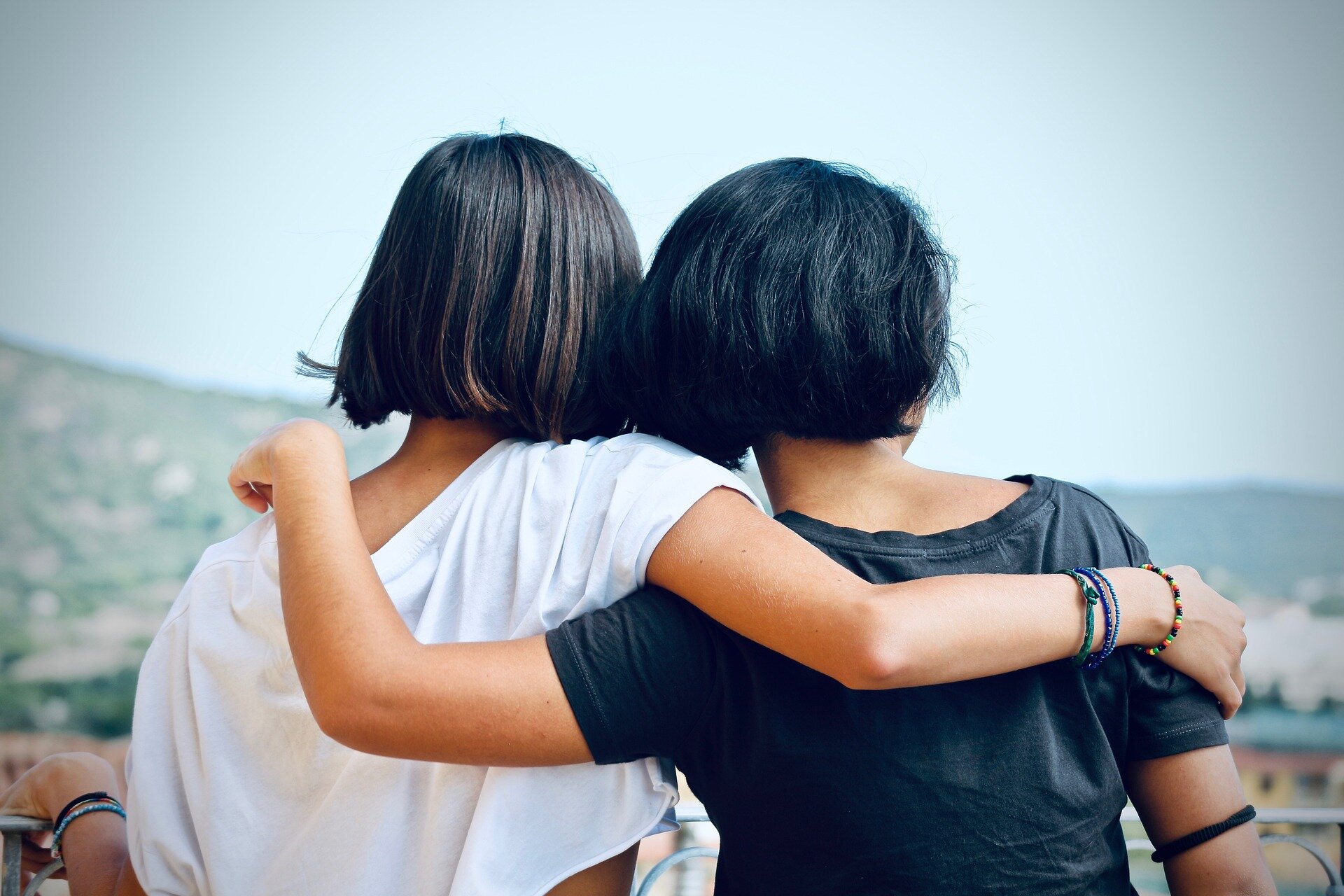I often find the best adventures happen close to home. Be they exciting, exhilarating or downright scary, sometimes you don’t have to venture to the other side of the world to feel like you’ve been on an expedition. I was reminded of this recently when one of my children went on an “adventure” to a neighbouring city – 45 minutes on the train and they spoke of it as if they were visiting Mars for the evening. They were attending a work event, so it was definitely in the “scary” genre of adventure.
I have recently been enjoying reading the autobiography of Sarah Outen, an ‘adventurer’ who around a decade ago travelled around the world under her own steam – by bike, kayak and rowing boat. She has some amazing tales of storms, hurricanes, sharks, bears, and deadly snakes, and her adventure, which lasted almost five years, sounds truly thrilling.
But while I am enjoying the escapism of reading about Sarah’s exotic solo adventures, one passage in particular stood out. Sarah remarks that whenever she is talking to people and making new friends, she often enjoys hearing about their own expeditions and activities. But they often apologise for their tales, saying they are not as exciting as Sarah’s epic trip.
But Sarah disagrees with this view. She writes: “For me, all adventures are created equal, and it is about spirit more than form, about what it does to you rather than how long you go for or how hard other people think it was.
“Stuffing marshmallows into a mug at day’s end while you perch on a log outside your tent feels sweetly blissful whether you are out for a weekend or away for years. In fact, maybe the smaller nuggets are all the more brilliant for their contrast with the rest of your life. In my head, the essence of it all is the same: to strive, to seek, to find, and to have fun while you are out.”
These words resonated with me, as most people do not have the time, money or external support to undertake huge trips like’s Sarah’s. And in the pandemic, even the idea of going on an adventure to another country has become much more out of reach.
Sarah uses the example of spotting a kestrel in a field while walking close to her home as a stunning experience that she will remember for as long as her more exotic encounters on the other side of the world. I can think of similar special and wonderful experiences – at a picnic in a local wood, or over a bonfire on a nearby beach, for example, that have exactly the same effect.











